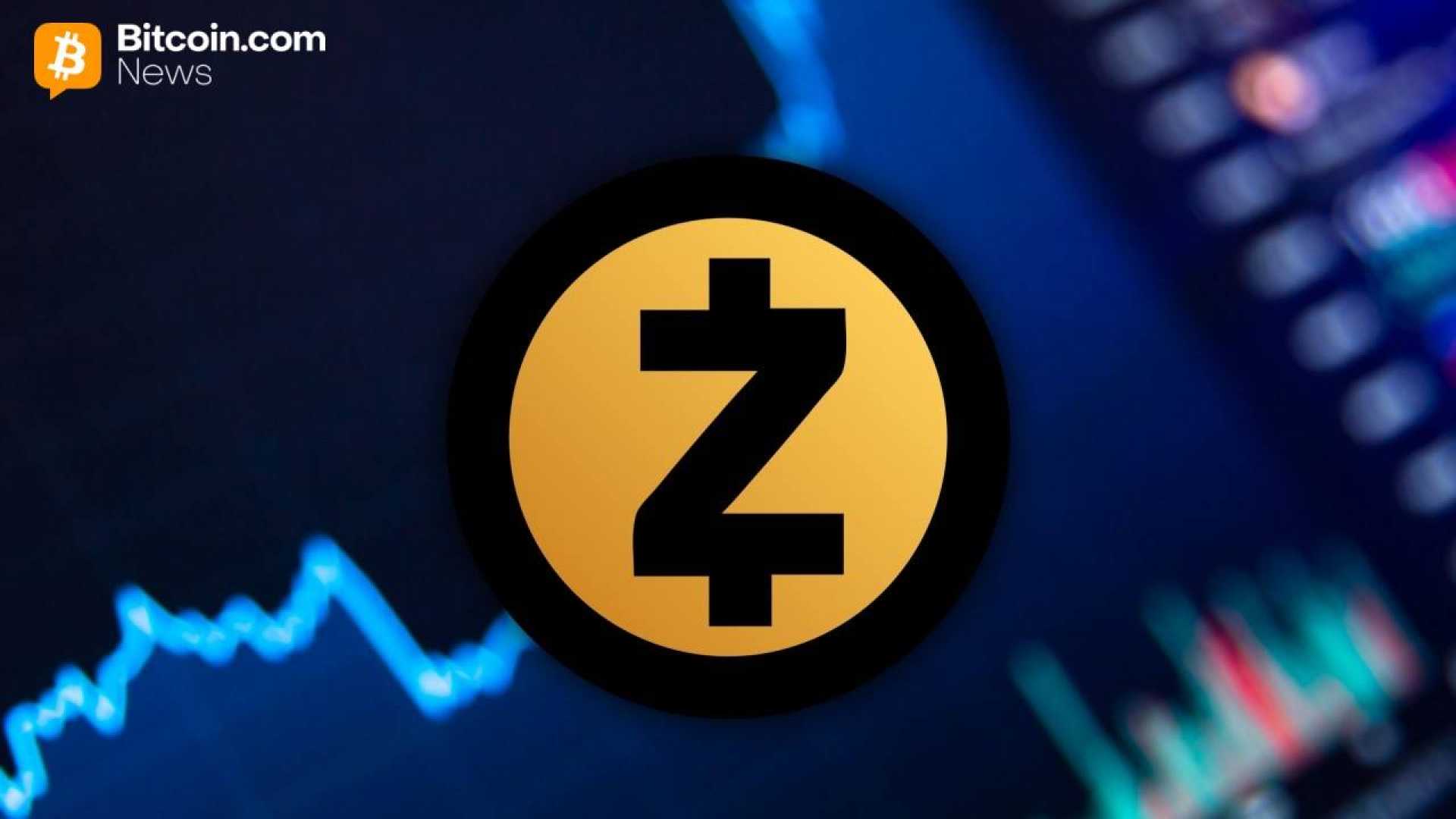Tech
Privacy Coin Zcash Surges 700% Amid Renewed Interest

NEW YORK, NY — Zcash (ZEC), a prominent cryptocurrency known for its focus on privacy, has surged over 700% since September 2025, reigniting discussions about the importance of privacy in the digital currency space. This sudden spike has captured the attention of both investors and analysts alike.
Prominent voices in the cryptocurrency community, including economist Lyn Alden, have criticized the rapid increase, labeling it as an ‘artificial’ rally that could leave late investors as ‘bag holders.’ In contrast, venture capitalist Naval Ravikant defended Zcash, emphasizing that ‘transparent cryptocurrencies cannot survive under heavy government crackdowns.’
Originally launched in 2016, Zcash uses a technology called zk-SNARKs, enabling users to validate transactions without revealing details such as the sender, receiver, or the amount involved. This contrasts with Bitcoin, where all transactions are publicly visible, leading to concerns over user privacy.
Academics at Johns Hopkins University developed the Zerocoin protocol in 2013, which later evolved into Zcash. Its creators aimed to maintain Bitcoin’s core value while addressing its lack of privacy features. Zcash has since seen multiple upgrades, enhancing its efficiency and usability.
Currently, over 30% of ZEC is shielded in privacy pools, indicating a growing interest in maintaining transaction confidentiality. The Zcash network reported approximately 100-120 full nodes, a number that has increased as recent upgrades and heightened market interest fuel participation.
New tools and integrations, such as the Zashi wallet and NEAR Intents, aim to simplify user experiences while shielding transactions and enhancing compatibility with other blockchains. These developments signal a shift in the market as users seek more privacy in their digital financial activities.
As Zcash gains traction, its rise has also sparked renewed debates over the balance between privacy and transparency in the cryptocurrency landscape, highlighting broader cultural shifts regarding digital money.










